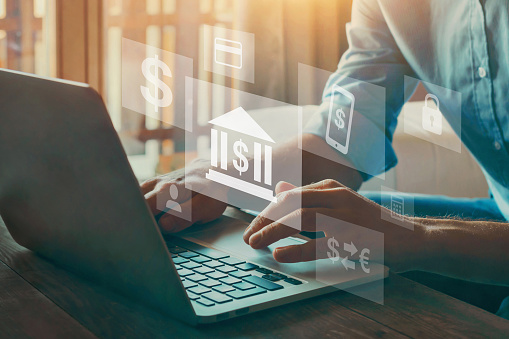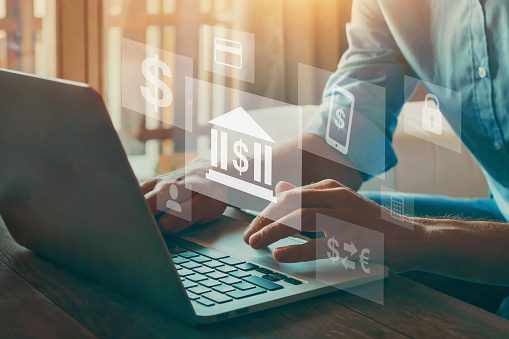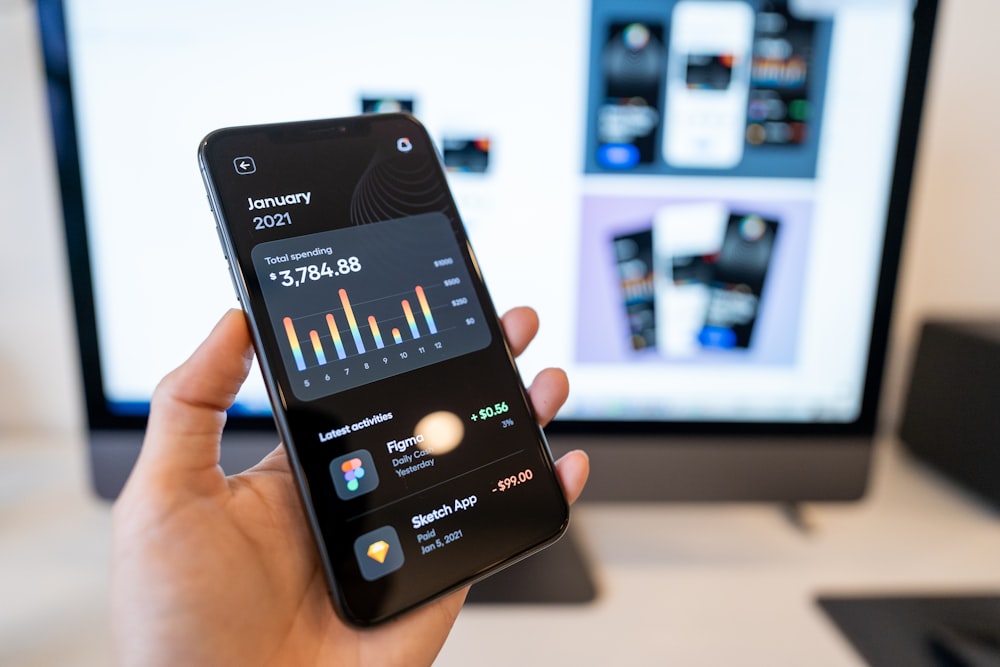Banking tips and tricks: your finance guide
In addition to selecting a bank, it’s critical that you first choose the best account for your requirements. There are numerous bank accounts on the market that can help you pay your bills and handle other payments, while certificates of deposit (CDs), savings and money market accounts, and money market accounts can all be safe places to keep your money. There are many options available for you to select from, but examining the costs and interest rates is a crucial consideration.
You may save time and increase your income by using these banking tips.
Revaluation of banking fees

IMAGE CREDITS: istockphoto.com
You might not even be aware that banking fees are eating away at your account balances, but they can quickly add up to your bills. According to Forbes, 34% of the 7.1 million unbanked American families cited exorbitant fees as one of the main reasons they did not have a bank account.
Furthermore, if the bank continues to charge the minimal costs, customers don’t even review their accounts or think about moving. Consumers should assess what these costs are, how much they are, if they can be avoided, and how much they are actually spending.
Reducing your banking fees
IMAGE CREDITS: Unsplash.com
After analysing the fees you are paying, think about strategies you may employ to reduce them. To be informed when the balance in your checking account has dropped below the required level, for instance, you can set up low balance alerts. After that, you can make a deposit to stop paying a monthly or overdraft fee.
Lower-cost banking
Even while switching banks might appear difficult, it is now much simpler. It may be simpler to select a different option that lowers your charges now that banks have started creating an online presence. Typically, internet banks have reduced account maintenance fees and provide their customers with enticing interest rates and benefits. Since they don’t have to pay building rent or electrical costs, they have to spend less money than traditional banks because they have a smaller physical presence. They can pass on some savings to customers as a result of their reduced overhead costs.
Consider Interest rates while banking
IMAGE CREDITS: Unsplash.com
You may build your money by opening a variety of bank accounts, including savings and money market accounts, CDs, and money market accounts. However, when it comes to annual percentage yield (APY) or interest rates, banks differ.
When it comes to its products, each financial institution has its own terms and interest rates. The pandemic has caused many banks to decrease their interest rates for customers. This does not provide a reason to quit saving, though.
You can search for the finest bank that meets your demands. A CD, for example, typically offers a higher interest rate than a traditional savings account. To lock your money for a predetermined amount of time, you must feel secure.
Different accounts for savings
If you want to save for different things, it might be a good idea to store your money in various accounts at various institutions, if at all possible.
You have the advantage of getting the best of both worlds by selecting several banks. For instance, you could have a checking account at a traditional bank for your daily spending and a high-interest online savings account.
if you want to save money for a vacation or a car’s down payment, for example. You can then save these funds in money market accounts. When you won’t be using it for a time, a CD can help you save money.
It can be beneficial to have many accounts at a bank. Closing an account with high fees and poor interest rates, however, may enable you to make some extra savings.
You simply need these bank accounts if you want to organise your money and keep up with your financial activity:
- using a checking account to pay bills or cover daily expenses
- Savings account for urgent needs
- For long-term objectives, use a savings, money market, or CD.
Banking interactions

IMAGE CREDITS: istockphoto.com
Planning your visit to a branch rather than just showing up will help guarantee you get the assistance you require for non-urgent issues. Knowing that a mortgage expert would be present when you visit, for instance, might save time when applying for a mortgage. Making transactions online, where feasible, is another choice for saving time. Try phoning a bank’s customer care line during off-peak hours if you frequently have questions to avoid long wait times.
Banking requires communication
Don’t assume that if you zero out an account, your bank would close it immediately. To ensure that the account is appropriately closed, get in touch with the bank. Before cancelling the old account, it is beneficial to transfer any automated bill payments to the new one. The same holds true for whatever payments you get, including pensions, Social Security, and direct deposits.
If automatic bill payments haven’t been stopped, failing to close an account with a negative balance could lead to overdraft fees, which can damage your credit and make it more challenging to create additional accounts.
How to close your bank account

IMAGE CREDITS: istockphoto.com
Closing a bank account can be done for a variety of reasons, such as moving, switching to an online bank, or discovering better rates or a sign-up incentive elsewhere. However, it is beneficial to be aware of any fees associated with closing your present account. If you close an account soon after opening it, some banks will charge you a fee. If you terminate your account before 180 days have passed since it was opened, for instance, both KeyBank and Regions Bank will charge you a $25 early closing fee. If you want to close an account shortly after opening it, make sure you read the fine print. By waiting until the specified time period has passed and creating a new account somewhere else in the interim, you may choose to avoid paying an account closure fee.
USEFUL LINKS:
- https://www.bankrate.com/banking/how-to-bank-smarter/#communicate-close
- https://www.bankquality.com/blog/5-ways-to-bank-smarter-simple-tips-and-tricks-to-increase-your-wealth/
To help you with single parenting, we have something for you: https://theperfectblogger.com/single-parenting/
To know more about home office setup. click: https://theperfectblogger.com/home-office-setup/







One Comment on “Banking tips and tricks: your finance guide ”